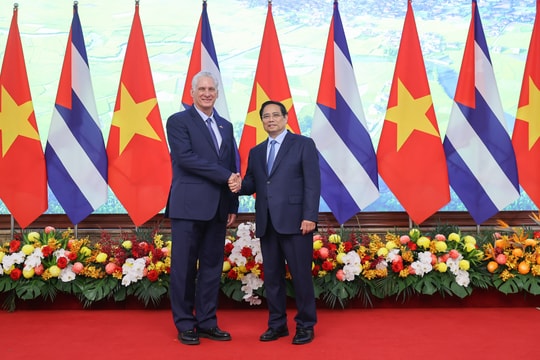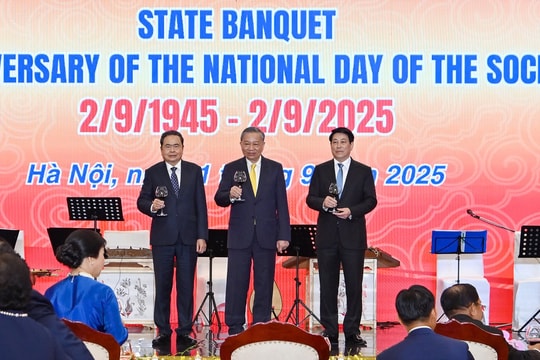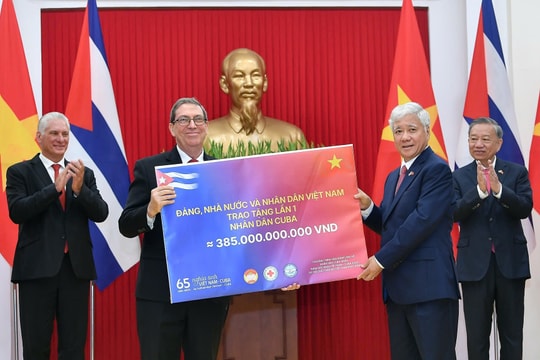10 National Days That Changed Human History
(Baonghean.vn) - Many National Days of countries around the world are associated with important historical events that have a great impact on the course of human history.
1. National Day of the Socialist Republic of Vietnam (September 2, 1945)
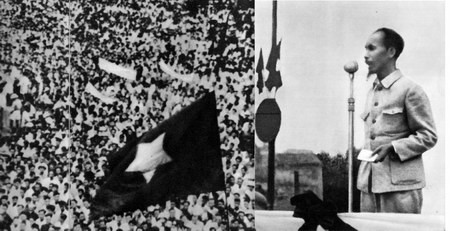 |
| After the success of the August Revolution, on September 2, 1945, President Ho Chi Minh read the Declaration of Independence, giving birth to the Democratic Republic of Vietnam, opening a new era, for the first time the Vietnamese people had the right to hold their heads high, proud to have become citizens of a free and independent country. With the independence of Vietnam, many oppressed peoples in the world saw the path that their people could choose in the cause of national liberation. |
2. National Day of the Soviet Union (November 7, 1917)
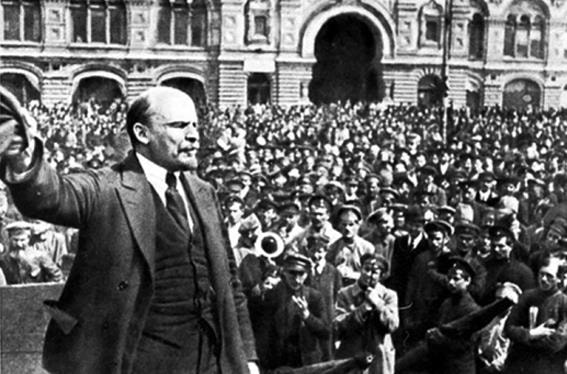 |
| On November 7, 1917, the October Revolution took place, marking the birth of the Russian Soviet state led by Vladimir Ilyich Lenin and the Bolshevik Party. This was a major event, marking the end of the Modern world history period to move to the Modern period and open a new path in human history: the path to socialism. |
3. United States Independence Day (July 4, 1776)
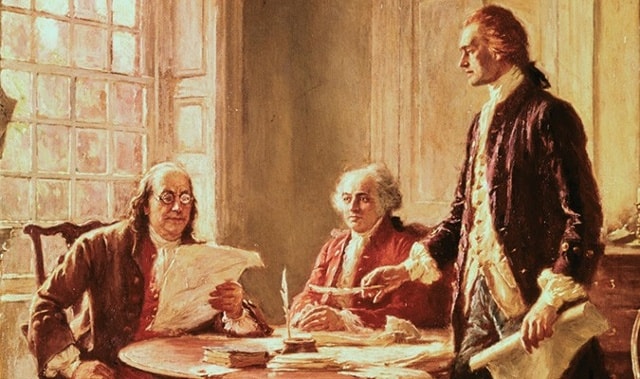 |
| On July 4, 1776, the 13 British colonies in the North American continent declared their independence from Great Britain with Thomas Jefferson's Declaration of Independence and became the United States of America (the full name of the United States). In the photo: From left to right, Benjamin Franklin - one of the founders of the United States, the second President of the United States John Adams and the third President of the United States Thomas Jefferson. Franklin and Adams are helping to edit the Declaration of Independence. |
4. Cuban National Day (January 1, 1959)
 |
| On January 1, 1959, the pro-American dictatorship of Fulgencio Batista was overthrown by the power of the Cuban revolutionary movement initiated by leader Fidel Castro in 1953. Despite decades of hostility and blockade by a superpower right next door, the United States, Cuba has achieved many great achievements in society, health care, and education that have surprised the international community. |
5. French National Day (July 14, 1789)
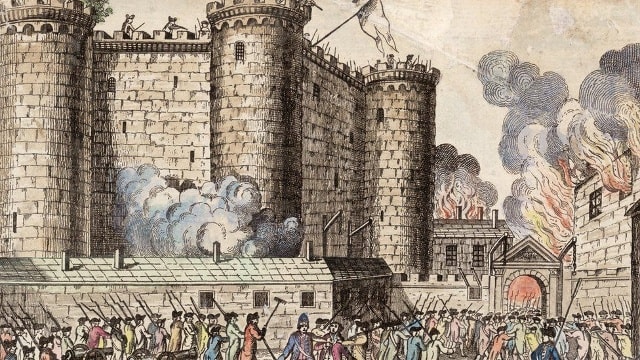 |
| On July 14, 1789, when the people of Paris rose up and stormed the Bastille prison, a symbol of feudal power, this was the opening event of the French Revolution, overthrowing the monarchy and related institutions, marking a permanent change in the history of France as well as the world. |
6. South African National Day (April 27, 1994)
 |
| On April 27, 1994, the first multiracial election took place in a country that had endured decades of apartheid. The election ended with the victory of the ruling African National Congress (ANC) and its President, Nelson Mandela, became the first black President of South Africa. |
7. Indian Independence Day (August 15, 1947)
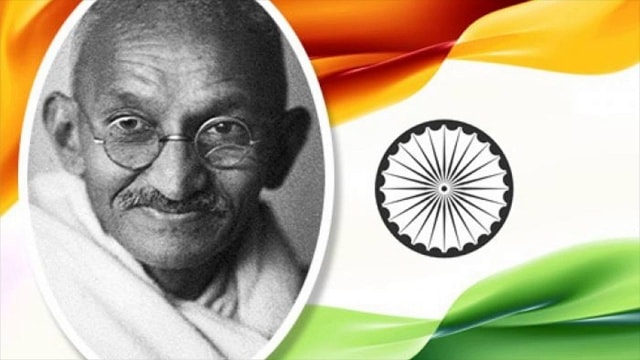 |
| On August 15, 1947, the British colonialists granted independence to India. This was the result of a widespread struggle movement of the Indian people since the beginning of the 20th century, in which the role of leader Mahatma Gandhi with the motto of non-violent struggle emerged. This independence was also associated with Pakistan's separation from India on August 14, 1947 to become a separate country, leading to many wars later between the two countries. |
8. China's National Day (October 1, 1949)
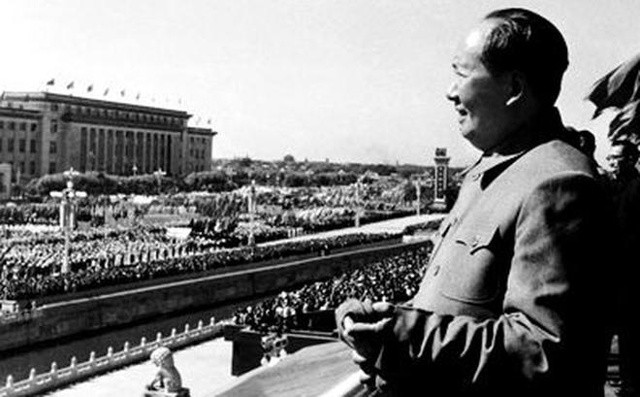 |
| On October 1, 1949, revolutionary leader Mao Zedong proclaimed the founding of the People's Republic of China in Tiananmen Square after a complete victory in the Chinese Civil War. Today, China is considered the world's second largest economic power, behind only the United States. |
9. Israel National Day (May 14, 1948)
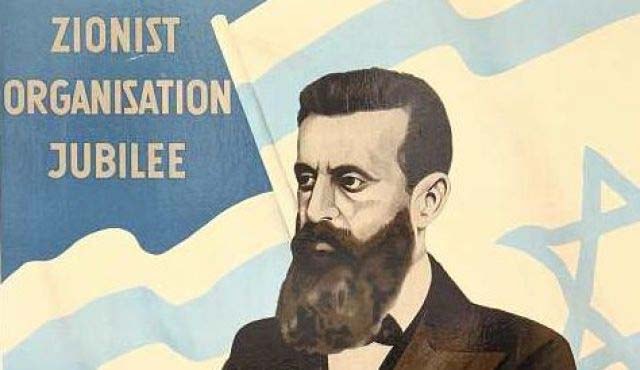 |
| On May 14, 1948 (in Israel, this date changes every year according to the Gregorian calendar because the country uses its own calendar), the State of Israel was proclaimed. This was the result of more than 60 years of efforts by Zionist leaders to establish sovereignty and self-determination in a separate Jewish state. The birth of the State of Israel led to many major wars in the Middle East and instability that continues to this day. |
10- Algerian National Day (November 1, 1954)
 |
| On November 1, 1954, the Algerian National Liberation Front (FLN) declared Algeria an independent nation and began a war against French colonial rule. After nearly a decade of war, France recognized the North African nation's independence on July 5, 1962. Algeria's struggle was a great source of inspiration for the independence of dozens of African countries from the early 1960s. |
Peace
(Synthetic)
| RELATED NEWS |
|---|

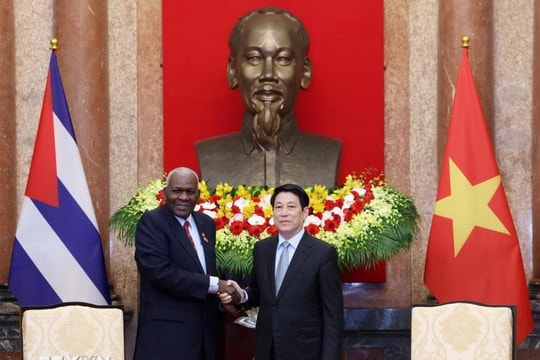
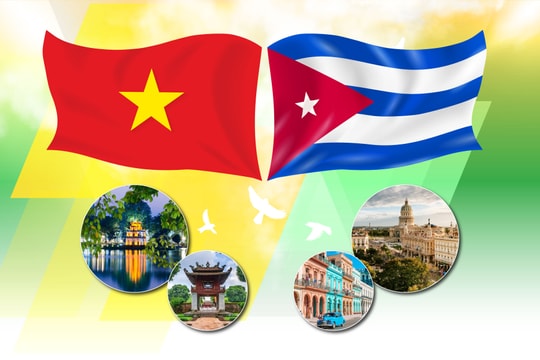
.jpg)
